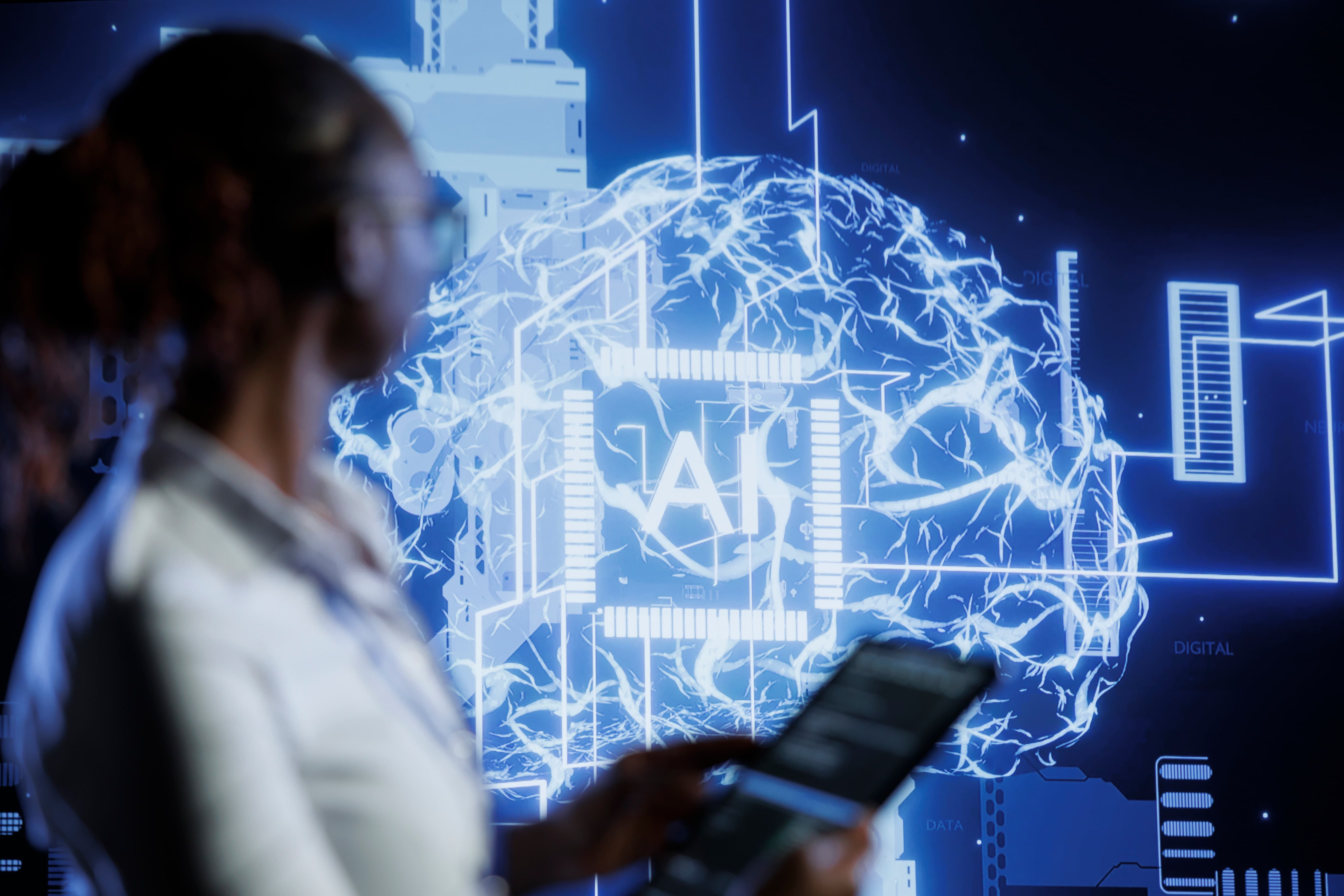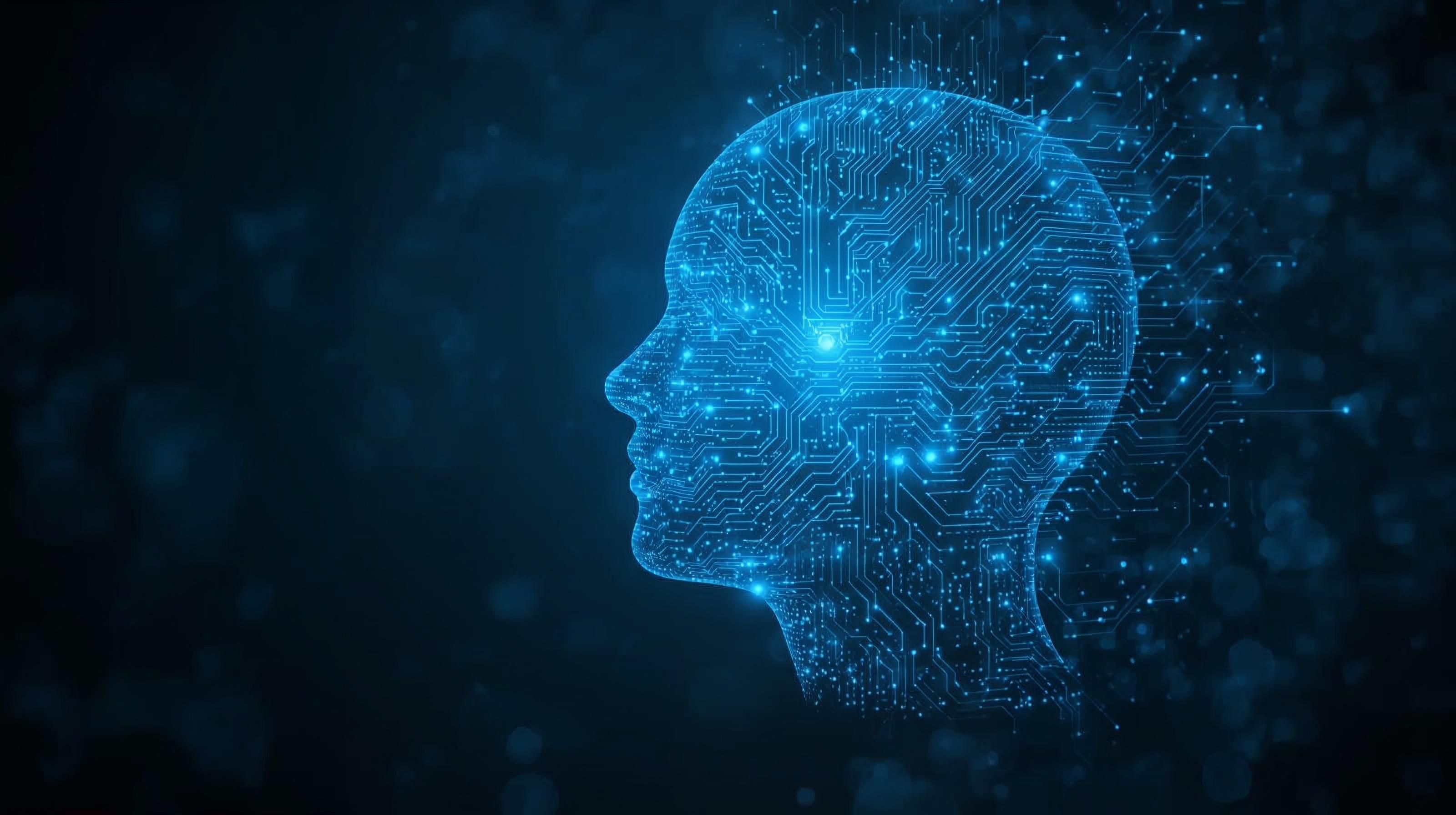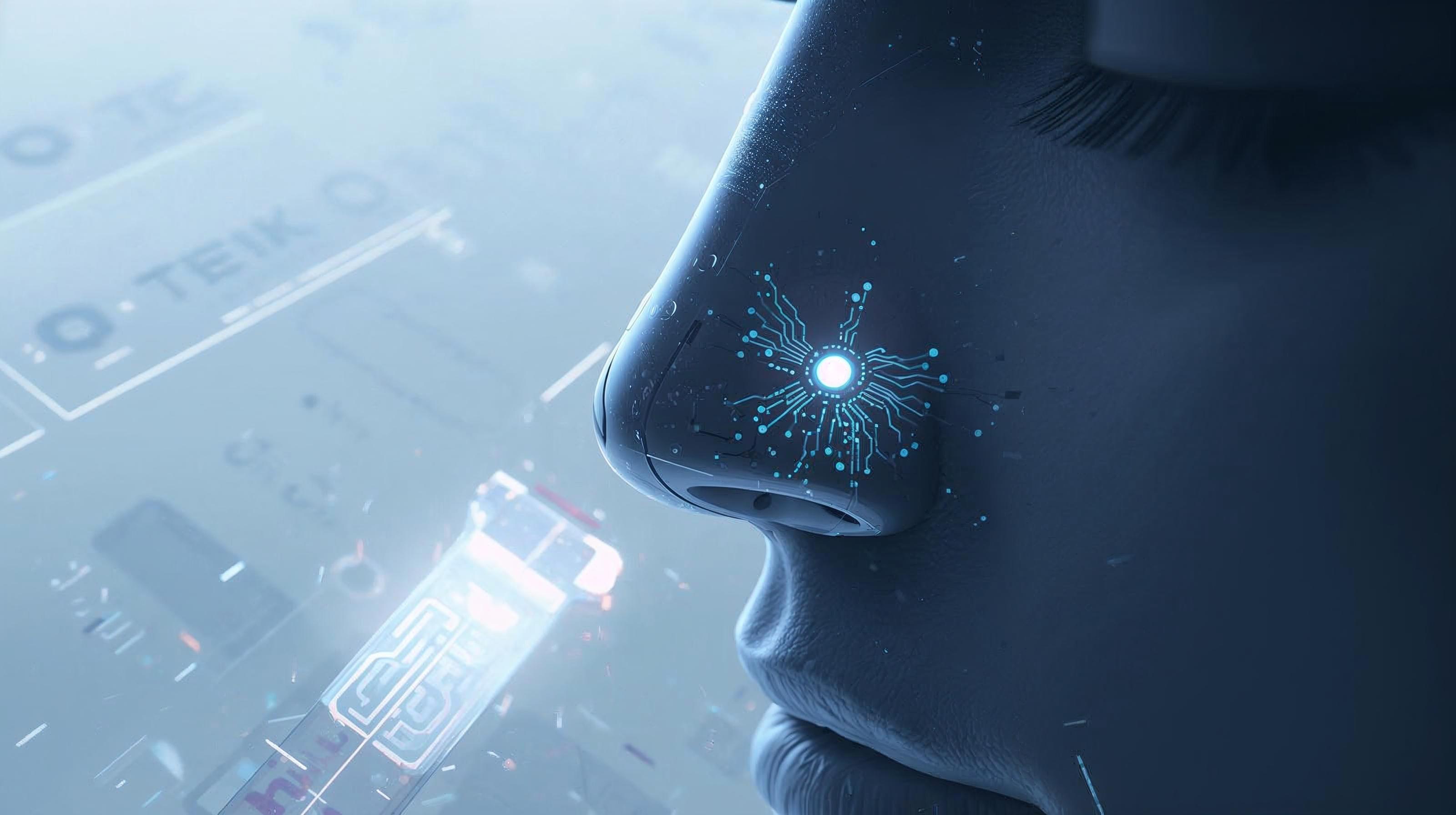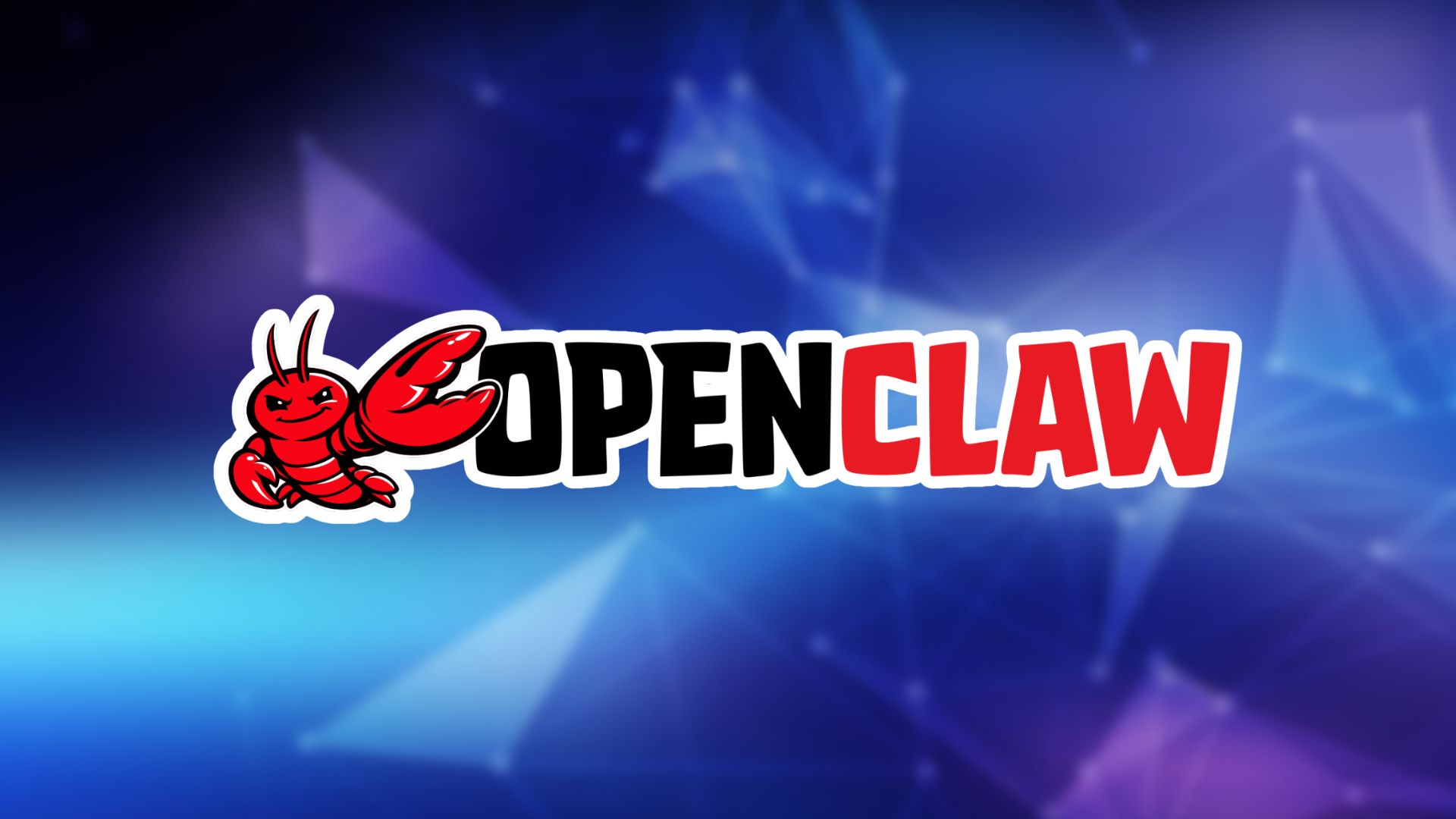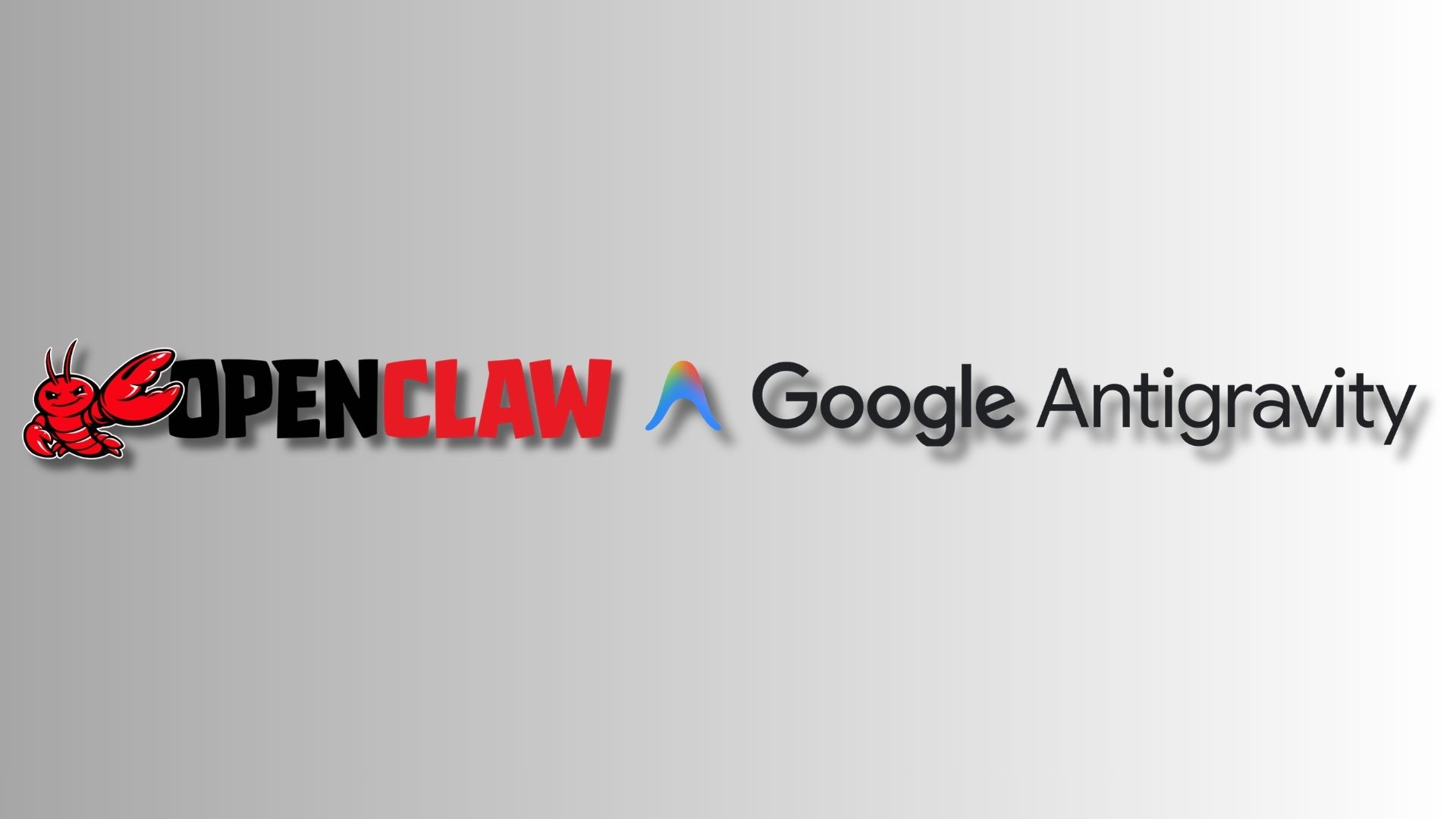Guidance for women’s health is entering a new phase as ŌURA introduces a proprietary large language model designed specifically for reproductive and hormonal wellbeing.
The model sits within Oura Advisor and is available for testing through Oura Labs, drawing on clinical standards, peer-reviewed evidence and biometric signals collected through the Oura Ring to create personalised and context-aware responses.
The system interprets questions through women’s physiology instead of depending on general-purpose models that miss critical hormonal and life-stage variables.
It supports the full spectrum of reproductive health, from the earliest menstrual patterns to menopause, and is intentionally tuned to be non-dismissive and emotionally supportive.
By combining longitudinal sleep, activity, stress, cycle and pregnancy data with clinician-reviewed research, the model aims to strengthen understanding and preparation ahead of medical appointments.
Privacy forms the centre of the architecture, with all processing hosted on infrastructure controlled entirely by the company. Conversations are neither shared nor sold, reflecting ŌURA’s broader push for private AI.
Oura Labs operates as an opt-in experimental environment where new features are tested in collaboration with members who can leave at any time.
Women who take part influence the model’s evolution by contributing feedback that informs future development.
These interactions help refine personalised insights across fertility, cycle irregularities, pregnancy changes and other hormonal shifts, marking a significant step in how the Finland-founded company advances preventive, data-guided care for its global community.
Would you like to learn more about AI, tech and digital diplomacy? If so, ask our Diplo chatbot!

